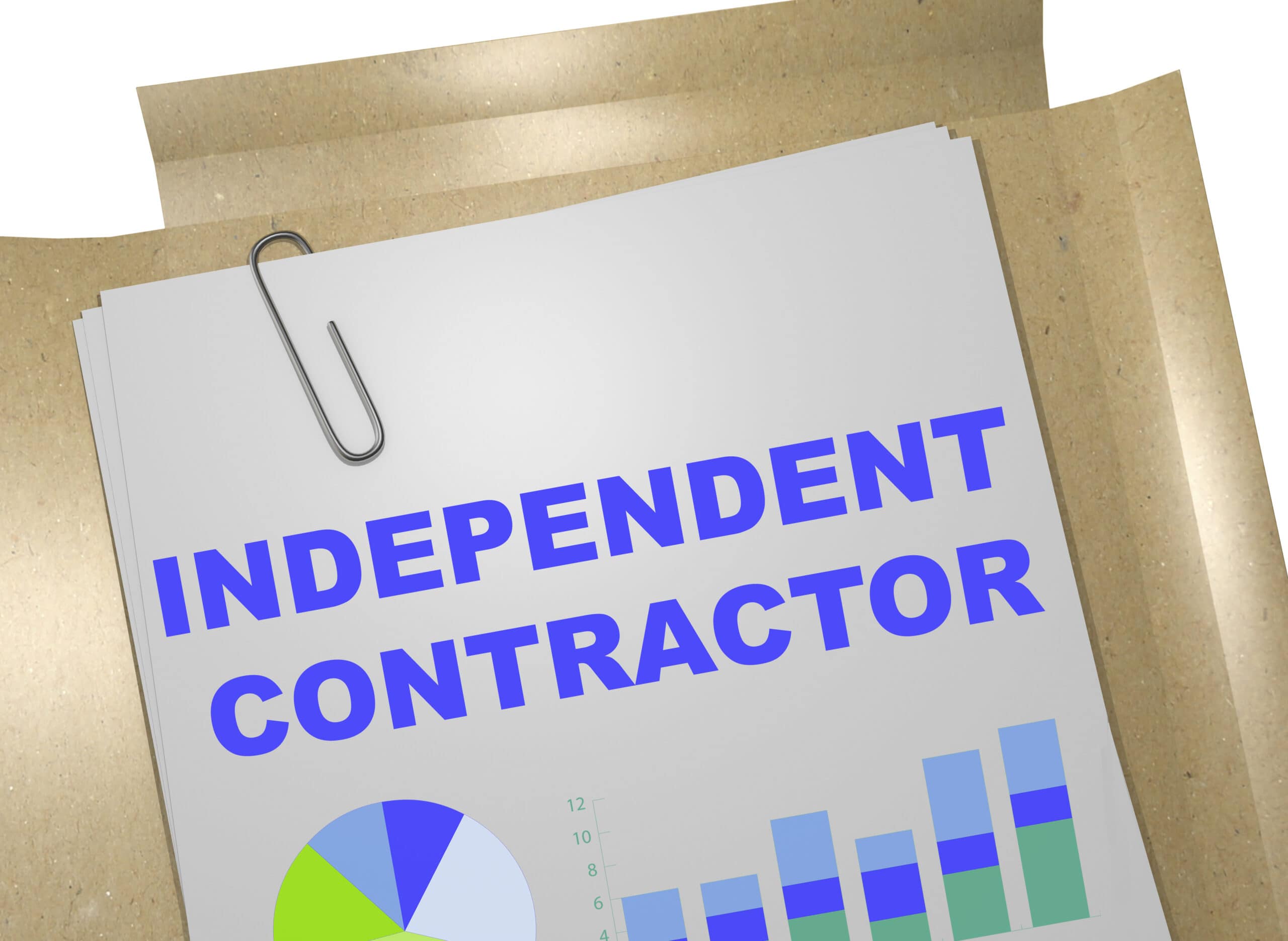
This new worker-friendly standard will replace the more business-friendly five-factor test put in place in 2021.
Legally speaking, the new rule is not especially significant. For one thing, it's the courts, not regulatory agencies like the DOL, that have the final say over who qualifies as an independent contractor. Moreover, the DOL's proposed rule is limited to only one law - the FLSA. There are different tests for independent contractor status under several other federal statutes, including the Employee Retirement Income Security Act (ERISA), the National Labor Relations Act (NLRA) and the Internal Revenue Code. Furthermore, each state has its own set of laws governing independent contractor classification.
Nevertheless, the 2024 rule may have a significant practical impact by inspiring lawsuits by giving renewed impetus to disaffected workers classified as independent contractors to file class actions seeking minimum wage, overtime payments, and employee benefits under applicable laws."
What's in the Rule
The DOL’s final rule rescinds a 2021 rule in which two core factors—control over the work and opportunity for profit or loss—carried greater weight. Under the new rule, employers would use a totality-of-the-circumstances analysis, in which none of the factors carry greater weight.
The new test includes six factors:
- The degree to which the employer controls how the work is done.
- The worker’s opportunity for profit or loss.
- The amount of skill and initiative required for the work.
- The degree of permanence of the working relationship.
- The worker's investment in equipment or materials required for the task.
- The extent to which the service rendered is an integral part of the employer's business.
In addition, the DOL will consider any other factors that in some way indicate whether the worker is in business for themself, as opposed to being economically dependent on the employer for work.
The most significant change involves the "nature and degree of control" factor. Under a previous the 2022 draft, any control exercised by a potential employer would have been seen as weighing in favor of an employer-employee relationship even if it was done to comply with legal obligations. Under the 2024 rule, actions taken by a potential employer to comply with a specific law or regulation do not indicate an employer-employee relationship - as long as those actions were taken for the sole purpose of complying and do not serve the potential employer's own ends.
Another important change concerns the "investments by the worker and the potential employer" factor. The 2022 draft rule said that the worker's investments should be considered on a relative basis with the employer's investments in its overall business. The 2024 final rule clarifies that investments should be compared not only in terms of dollar value or size of the investments, but also on whether the worker is making similar types of investments as the employer (albeit on a smaller scale) that would suggest that the worker is operating independently. In addition, the DOL added a clause recognizing that costs that are "unilaterally imposed" by a potential employer do not weigh in favor employee status.
Employers that misclassify employees as independent contractors may be liable for income tax withholdings, unpaid wages and wage-related penalties, state disability and unemployment insurance contributions, workers' compensation insurance premiums, liability to employees and third parties for workplace injuries, as well as other civil penalties and fines.
Guardian HR recommends for employers to review the new FAQ section on the DOL Website: https://www.dol.gov/agencies/whd/flsa/misclassification/rulemaking/faqs
Additional resources are available in the Guardian HR Forms Library’s Independent Contractor folder.
If you wish to become a client of GHR and get access to all our great resources, including your own HR Manager and our team of employment attorneys, please contact us at sales@guardian-hr.com or call us at 888.373.4724.
